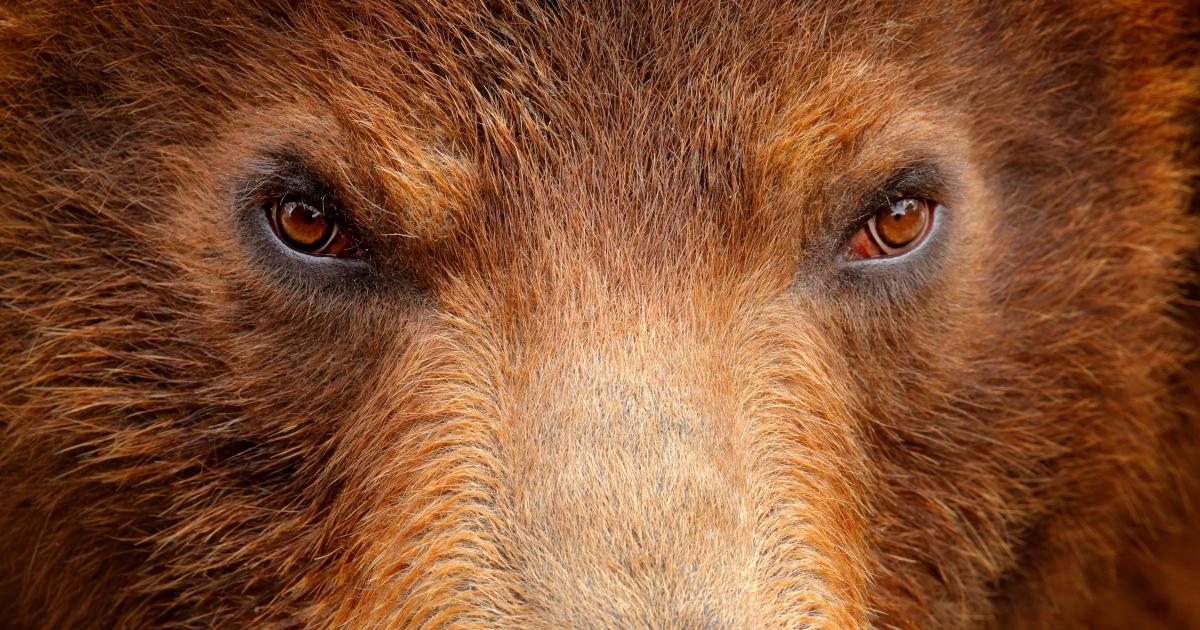The move, driven by Prime Minister Robert Fico, follows a string of high-profile bear encounters and fatalities that have stirred public fear. But critics argue that Slovakia’s response—killing over a quarter of its estimated bear population—is disproportionate, unnecessary, and possibly illegal.
Last year, Slovakia shot 144 bears—up from single-digit annual totals in previous years—and is now targeting more than double that number in 2025, despite the brown bear’s status as a strictly protected species under EU law. The EU’s Habitats Directive only permits lethal control as a last resort when all other non-lethal options have been exhausted.
Slovakia, however, bypassed standard procedures by declaring a state of emergency following the fatal mauling of a 59-year-old man near the central town of Detva in March.
Prime Minister Fico framed the tragedy as evidence of a bear overpopulation crisis. He stated: “We cannot live in a country where people will be afraid to go to the forest, where people become food for bears.”
Emergency legislation now permits shooting across 55 of Slovakia’s 79 districts, covering much of the country. The Environment Ministry has defended the decision by citing Romania’s precedent, which more than doubled its own bear-killing quota to 481 last year. Environment Minister Tomas Taraba claims the Slovak bear population has ballooned to over 1,300 and should be reduced to 800 to prevent further incidents.
But conservationists and EU lawmakers are not convinced.
Michal Wiezik, a Slovak MEP from the liberal Renew Europe group, slammed the cull as ‘a direct and serious breach of European rules’, adding that ‘preventive measures were ignored’. He argued that Slovakia had not seriously explored non-lethal deterrents, such as electric fencing, public education, and garbage management—measures that are legally required before lethal force can be authorised.
“The current escalation in bear shootings proves clearly that preventive measures were ignored,” Wiezik said. “This is not an effective or legal response.”
Spanish MEP César Luena of the Socialists and Democrats has formally asked the European Commission whether it will consider legal action if Slovakia is found to be violating EU law. Meanwhile, the Commission has yet to take a position, stating only that any action to control bear populations must comply with the Habitats Directive—even in emergencies.
Former Environment Commissioner and Green MEP Virginijus Sinkevičius from Lithuania, voiced concern that the issue has been hijacked by populist rhetoric.
He said: “Unfortunately, the bear issue has become a convenient topic for populist rhetoric in Slovakia, when instead we should be looking at bear population data, risk levels in specific areas, and whether alternatives to lethal measures have been properly considered.”
Conservationists argue that public safety and species protection do not need to be at odds. Pavol Zilincik of WWF Slovakia said the government’s response is a ‘hysterical reaction to a tragedy’, adding that ‘the solution should be introducing measures that reduce bear encounters—not large-scale killings’.
Indeed, some research shows that mass culls rarely reduce human-bear conflict and can even make things worse by disrupting bear social structures and increasing unpredictable behaviour. WWF insists that the focus should be on science-based management, not populist pressure.
The European Commission is currently analysing the Slovak measures. But unless it acts soon, conservationists warn, Slovakia’s decision may not only lead to ecological consequences, but also set a dangerous precedent—undermining decades of hard-won legal protections for wildlife across the EU.
As the debate intensifies, one question remains: can the EU enforce its own laws against a member state that appears willing to defy them for short-term political gain?
